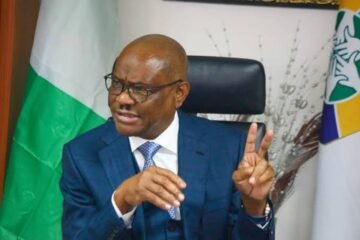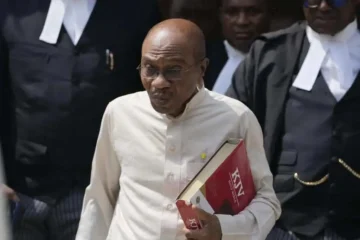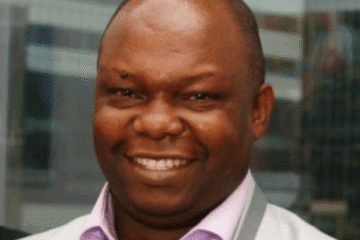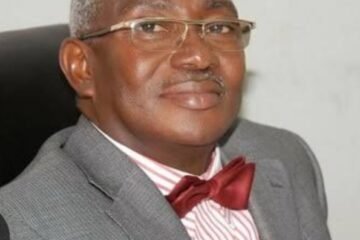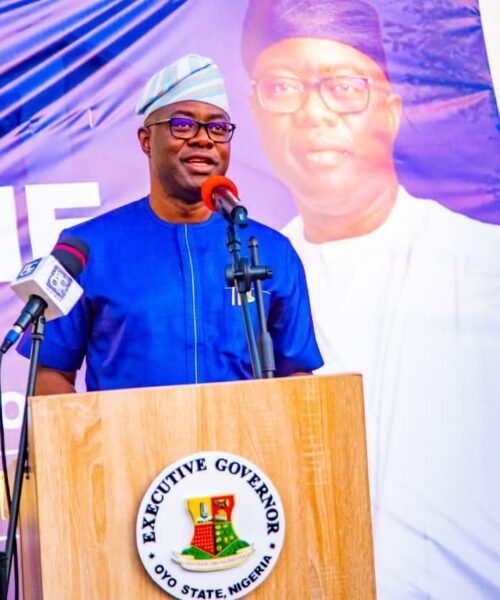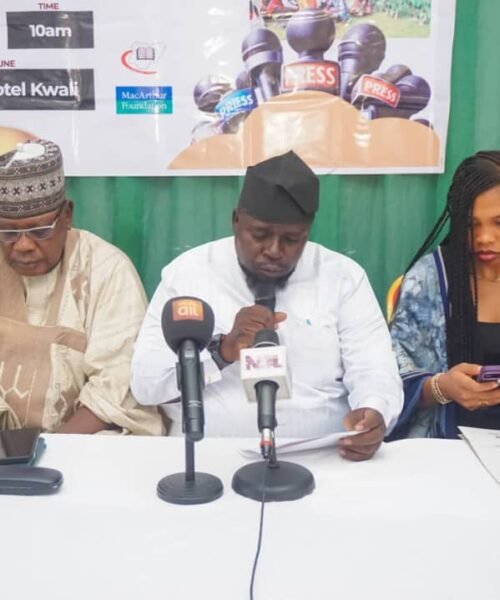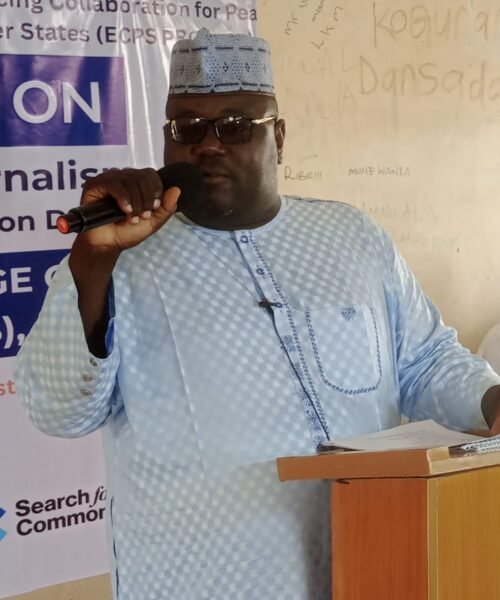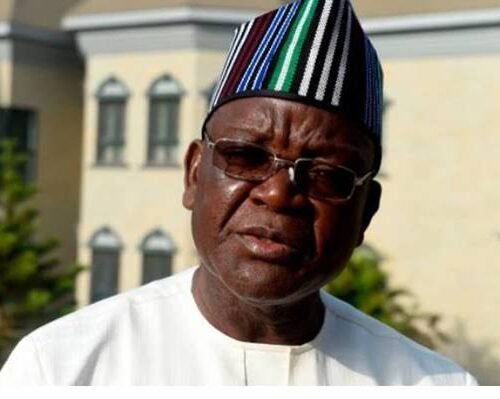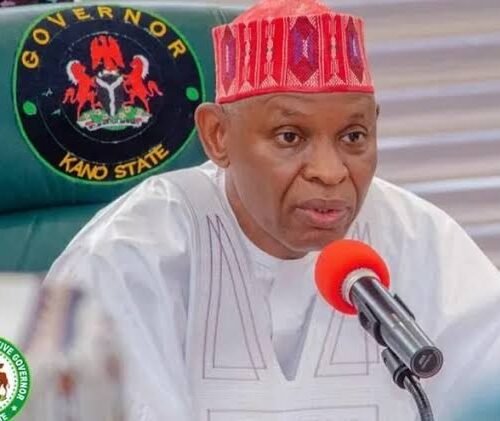By Felix Durumbah
Thirty-two years after annulling the June 12, 1993 presidential elections, then military President, General Ibrahim Badamasi Babangida, on Thursday, February 20, 2025, admitted that Chief MKO Abiola won the election.
Babangida, more commonly known as IBB, on June 24,1993 annulled the poll, described at the time as the freest and fairest in the country’s political history, citing vote-buying and need to protect the judiciary.
In media interviews years later, IBB said he did the right thing “in the national interest” by annulling the poll and pointed to pressure from his unidentified military colleagues as reason for the annulment.
Abiola was comfortably leading at the time in some of the results released by the electoral umpire.
The decision to annul the election immediately sparked bloody protests in many parts of the country, especially the South-West region populated by Chief Abiola’s kinsmen.
Riots also broke out in the South-East and parts of the Middle Belt, with people protesting what they believed was an election won by Abiola, a flamboyant, charismatic national figure and businessman, who was candidate of the Social Democratic Party (SDP).
Security forces were consequently detailed to crush the protests, resulting in a litter of dead bodies.
IBB’s disclosure that Abiola won is contained in his (Babangida’s) autobiography, ‘A Journey in Service’, which was launched in Abuja, the Nigerian capital, on Thursday.
The book’s reviewer, former Vice President Yemi Osinbajo, quoted Babangida as stating that Abiola fulfilled both the constitutionally-required majority vote and necessary geographical spread to become president.
Babangida stated that the annulment was the most difficult decision of his life.
Interestingly, both IBB and Abiola were known bosom friends with the latter among the first influential Nigerians to hit the road nationally and internationally campaigning for acceptance and legitimacy for Babangida’s regime when the Army general successfully launched a coup d’etat that ousted the military junta of Gen. Muhammadu Buhari, in 1985.
In the book, Babangida said: “There was no doubt in my mind; MKO Abiola won the election. He satisfied all the requirements.”
However, IBB said he was relieved that during the civilian administration of President Buhari, the latter later acknowledged Abiola’s victory by posthumously awarding him the nation’s highest honour reserved for presidents, Grand Commander of the Federal Republic (GCFR).
The annulment of June 12 election plunged Nigeria into a major political crisis.
Abiola,now late, went international with his campaign to revalidate his victory, visiting Western nations’ power blocs and appearing in their powerful media such as CNN to prove his victory and heap blame on Babangida.
The result was that immense pressure mounted on IBB amid a nationwide shutdown by labour unions and protesters,leading to IBB “stepping aside” from office on August 26, 1993, after eight years.
Before he bowed out,he signed a decree establishing an Interim National Government (ING) headed by a Chairman, Chief Ernest Shonekan, a boardroom guru and chairman, United African Company (UAC) Nigeria.
Shonekan was a Yoruba and fellow Egba as Abiola, with IBB perhaps thinking the appointment would assuage South-West hurt feelings and force them to quit the streets where hundreds of thousands defied security bullets and guns and still massed in protest.
Shonekan’s appointment merely worsened the protests and his administration received a crushing blow when a Nigerian court declared the ING as an illegal contraption.
This seriously weakened the ING’s legitimacy in the public eye and as it tottered from one problem to the other, Defence Chief, Gen. Sani Abacha, overthrew it and took over power in November, 1993.
The ING barely lasted three months in office.
Abacha later arrested Abiola and jailed him,running a high-handed military dictatorship which witnessed many murders of personalities perceived as opposed to the regime. Others fled outside the country for fear for their lives and freedom.
On June 8, 1998, after about five years in office, Abacha died in Aso Villa, the State House,in still mysterious circumstances.
General Abdulsalam Abubakar was elected by military chiefs to succeed him. It was during his administration that Chief Abiola, still detained, died on July 7, 1998, sparking fresh protests nationwide.
Abubakar,however, launched and executed a brief transition programme which handed power to civilians in 1999.


